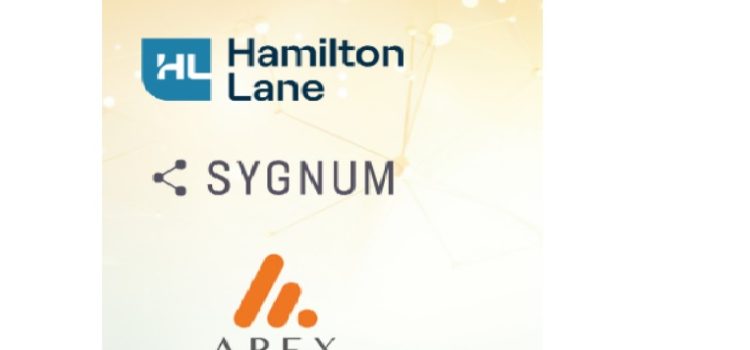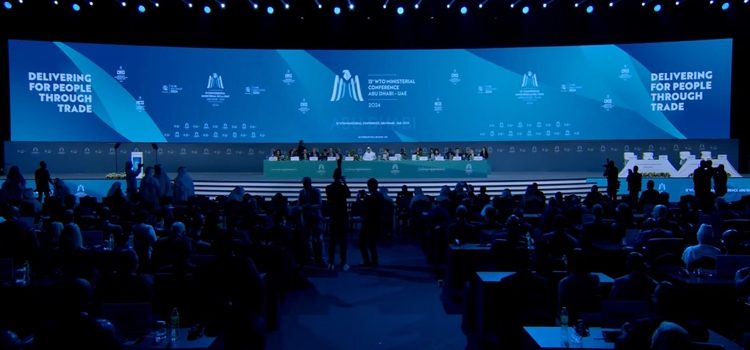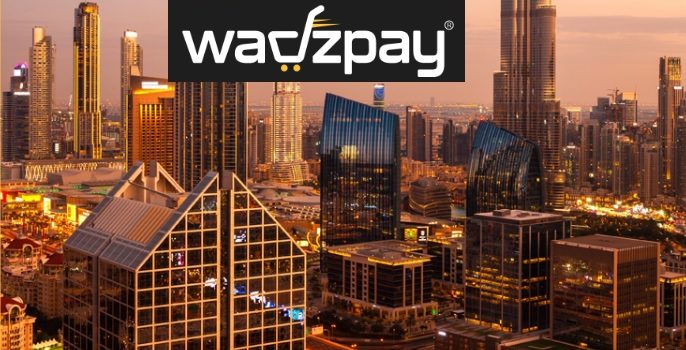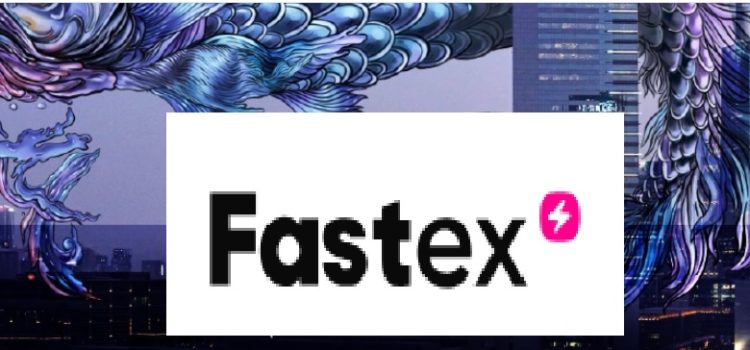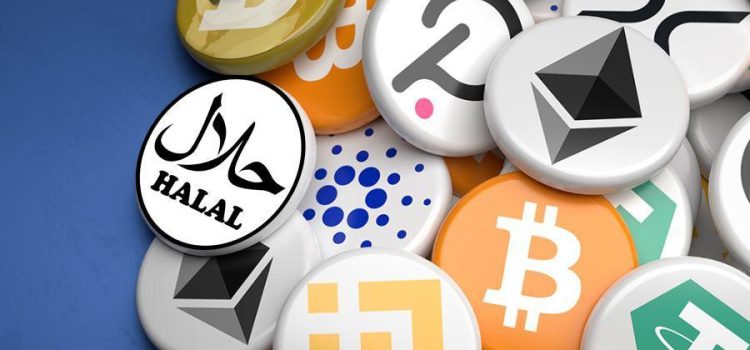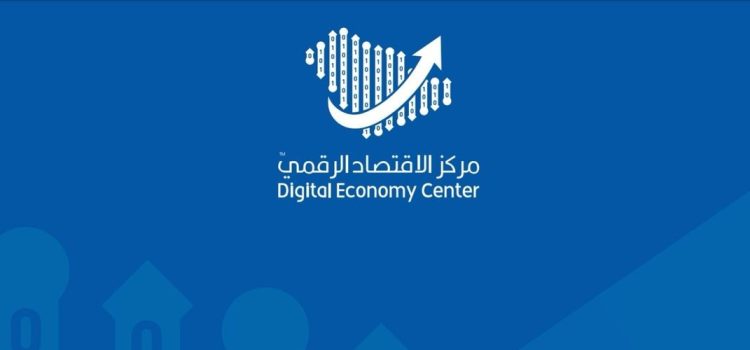
Sygnum Bank which has a regulated digital asset bank in the UAE, alongside Hamilton Lane, and Apex Group announced a cross industry project that expands global private market access to significantly larger and more diverse groups of qualified investors using Blockchain.
Leveraging the power of the blockchain, the new DLT-registered share class automates and integrates traditionally separate fund management functions, increasing both accessibility and efficiency. The first fund to feature the new share class will be Hamilton Lane’s USD 3.8bn GPA Fund, which has an annual average performance growth of 14.6 percent and has outperformed the MSCI World Net Total Return Index (USD) by 4.44 percent since inception in 2019.
Leveraging Sygnum’s DLT solutions, the minimum investment has a significantly lower fund entry point than direct investments into traditional private markets’ evergreen funds. These DLT-registered shares will be available exclusively to Sygnum professional, institutional and corporate clients.
The unique investment opportunity is the result of a strategic, cross-industry project underway for more than a year. Hamilton Lane, a leading global private markets investment firm with over USD 900bn in assets under management and supervision, will serve as investment manager for the new offering. Apex Group, in its role as transfer agent and fund administrator (via Apex Fund Services regulated in Luxembourg), and FundRock-LRI, in its role as Alternative Investment Fund Manager (AIFM), is leveraging Sygnum’s DLT solution to manage the on-chain share registry.
Victor Jung, Head of Digital Assets at Hamilton Lane, says “We strongly believe that tokenisation has the potential to transform the way investors gain access to the historically strong returns and performance opportunities within the private markets, and are delighted to announce this digital-native, institutional-grade offering with Sygnum and Apex. This joint initiative with the Swiss Private Wealth team underscores the region as a leading digital asset hub that we believe will serve as a catalyst for broader adoption within the banking and wealth management industry. We would like to invite the community to join us in this movement.”
Fatmire Bekiri, Sygnum Head of Tokenisation, says “The new DLT-registered share class in Hamilton Lane’s GPA Fund marks the first entry in Apex’s on-chain share register. This is a significant breakthrough in making private markets more broadly accessible and investible via DLT solutions. We are proud to join forces with other industry leaders like Hamilton Lane and Apex, and we look forward to this strategic partnership delivering a series of new and unique opportunities for investors, as well as heralding positive, blockchain-powered change for the industry.”
Bruce Jackson, CFA, Apex Group Chief of Digital Asset Funds and Business says “Hamilton Lane will raise new investor capital, while expanding direct access to their GPA Fund offering. Clients of Sygnum Bank now have access to a sophisticated alternative asset class, designed to achieve significant alpha through uncorrelated investment returns. Apex continues to meet its goal of increasing access for its clients’ alternative strategies and will continue to perfect its Framework Operating Model for the distribution of alternative asset funds using blockchain as the subscription, onboarding, operating, administration, and transfer agency platform.”
This unique investment opportunity is made possible by Sygnum’s expertise in leveraging the blockchain’s capabilities in a fully-regulated environment. Novel project aspects include the “fractionalisation” of assets to enable smaller investment entry-points, streamlined compliance, the end-to-end automation of the on-chain share registry and transfer agent activities, as well as increased levels of transparency due to the open nature of DLT. This project is built on the Polygon blockchain.
According to McKinsey5, the +300% growth of global private markets fundraising between 2009 and 2022 was due to its consistent outperformance of public markets. However, the multi-million-dollar commitments that were typically required to participate in this high-growth market have, until now, limited private markets exposure for many in the broader investment community.
Sygnum closed a $40 million round, which valued the firm at $900 million earlier this year.








